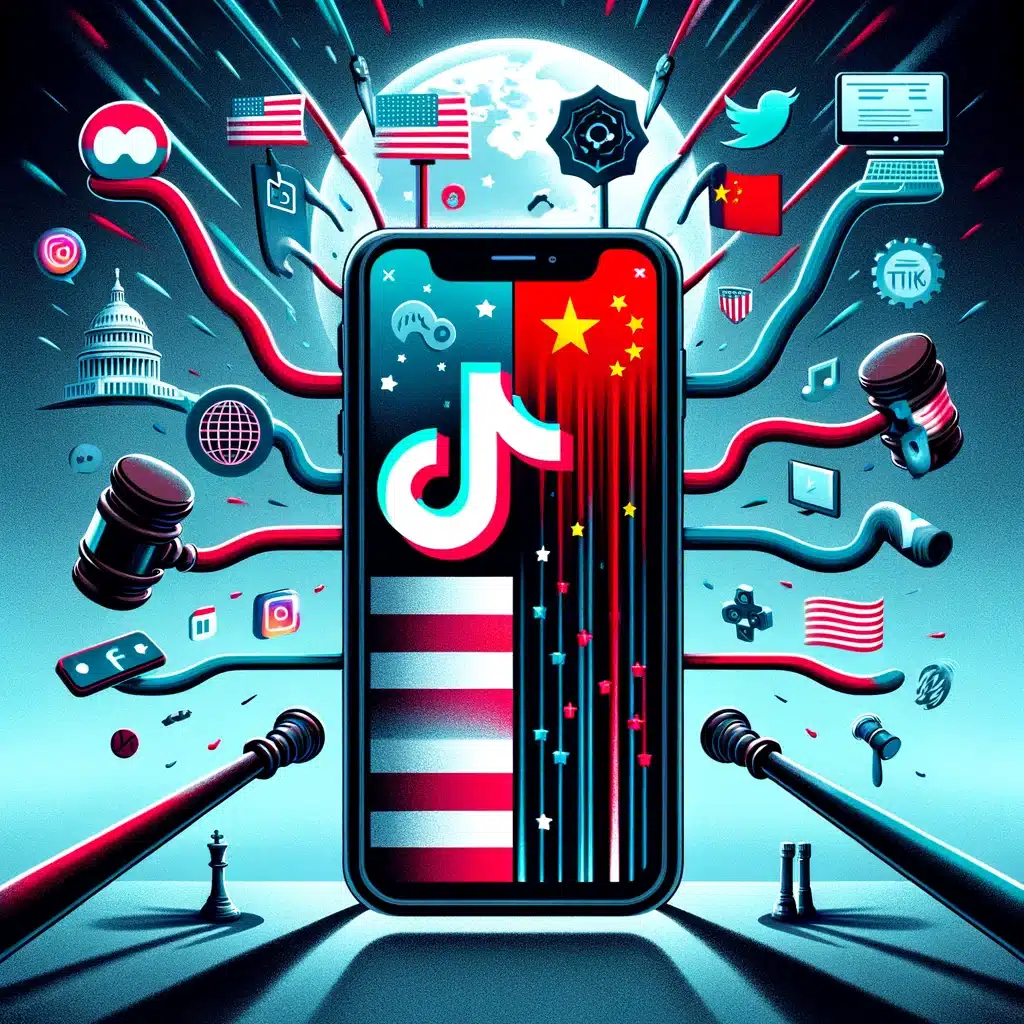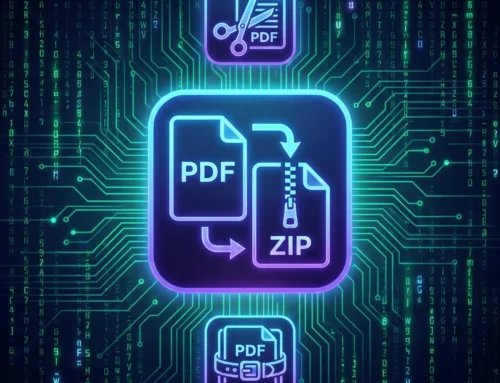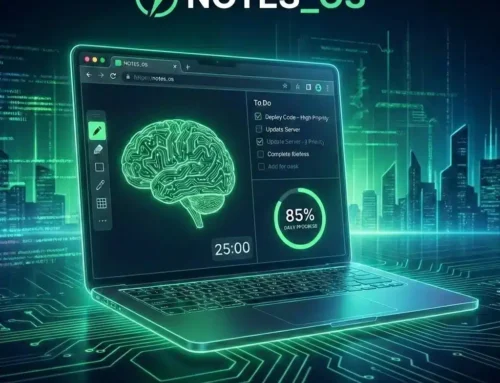
Approx. read time: 3.9 min.
Post: US-China Tensions Rise TikTok Ban, Mnuchin’s Bid, US-China Strife
USA Tik-Tok Ban:
In a bold move that highlights the escalating tensions between the United States and China, Washington’s recent push to ban TikTok has stirred the pot, drawing sharp criticism from Beijing and sparking a fascinating subplot involving high-profile financial maneuvering by none other than Steven Mnuchin. This narrative isn’t just about an app; it’s a microcosm of the larger tech and trade war, a battle over digital sovereignty, and a reflection of the deep-seated mistrust between the world’s two largest economies.
A Clash of Digital Titans: The US Moves Against TikTok
At the heart of this controversy is TikTok, the wildly popular short-video platform that has captured the hearts and screens of millions worldwide, with a particularly strong foothold in the United States. However, beneath its surface of viral dances and meme culture lies a battleground for national security concerns, data privacy, and geopolitical rivalry.
The US House of Representatives’ decision to approve a bill that could lead to TikTok’s ban unless its Chinese owners, ByteDance, sell the app to a non-Chinese company within six months has sent shockwaves through the digital ecosystem. The legislation, which still requires Senate approval and President Joe Biden’s signature, underscores a growing consensus in Washington: TikTok’s operations, under Chinese ownership, pose an unacceptable risk to US national security.
China’s Counterpunch: Accusations of “Robber’s Logic”
In response, China has not minced words, with Foreign Ministry spokesperson Wang Wenbin accusing the US of exhibiting “a robber’s logic” in its approach to TikTok. This sentiment reflects a broader accusation from Beijing: that Washington, under the guise of national security, seeks to hamstring Chinese technological advancement and unfairly target Chinese companies that have succeeded on the global stage.
Steven Mnuchin’s surprise entry into the fray, with his announcement of assembling an investor group to bid for TikTok, adds another layer of complexity. Mnuchin, with his background as Treasury Secretary and his ties to both Wall Street and Washington, represents an intriguing figure in this saga. His statement that “It should be owned by a US business” echoes a sentiment that has become increasingly popular among US policymakers: that control over such a widely used platform should not rest in the hands of a foreign adversary.
The Bigger Picture: National Security vs. Global Commerce
US security officials have long warned about the risks posed by TikTok, arguing that the app could potentially be used by Beijing for espionage or to spread misinformation. These concerns are not isolated; China’s own approach to foreign technology, with its bans on platforms like Facebook, Instagram, and Twitter, highlights the reciprocal nature of this digital cold war.
However, TikTok’s attempts to address these concerns, notably through its $1.5 billion Project Texas initiative to safeguard US user data in collaboration with Oracle, demonstrate the complicated dance between appeasing government regulators while striving to maintain a global user base.
The Unifying Concern: A Bipartisan Issue
Interestingly, the debate over TikTok’s future is one of the few issues that has united a deeply divided Congress. Both Democrats and Republicans share concerns over China’s influence in key sectors, from education to entertainment, indicating that TikTok’s challenges are just a part of a much larger conversation about the US’s stance towards China.
Conclusion: USA Tik-Tok Ban: What Lies Ahead?
As this saga unfolds, the future of TikTok hangs in the balance, emblematic of the larger frictions between the US and China in the digital age. With accusations of poor sportsmanship and political maneuvering on both sides, the outcome of this dispute will have far-reaching implications not just for TikTok and its users, but for the global digital landscape, the future of international trade, and the very nature of digital sovereignty.
What’s clear is that this isn’t just about an app. It’s about the future of digital engagement, the balance of power in global tech, and the rules of engagement in a world where technology knows no borders. As we continue to watch this story develop, one thing is certain: the intersection of technology and geopolitics will remain a battleground for years to come, with TikTok merely the latest flashpoint in an ongoing digital cold war.









